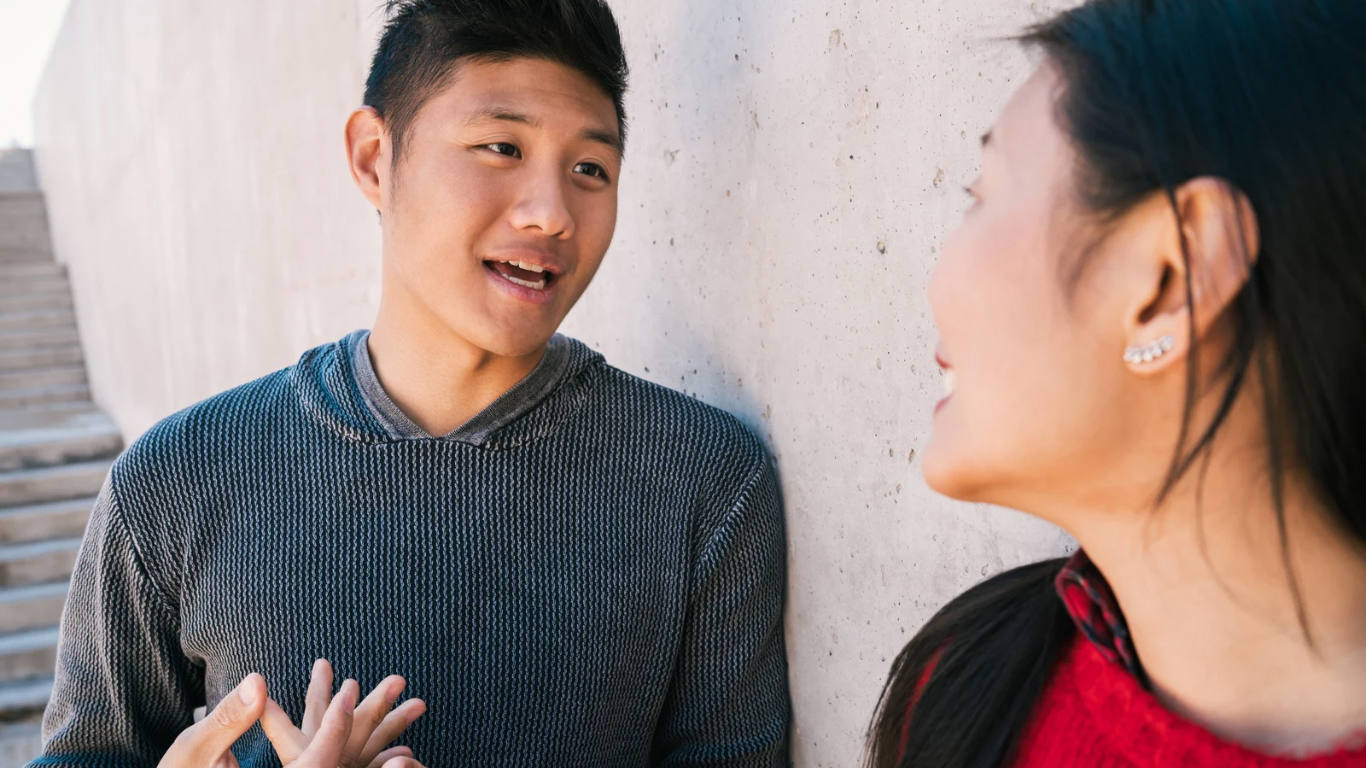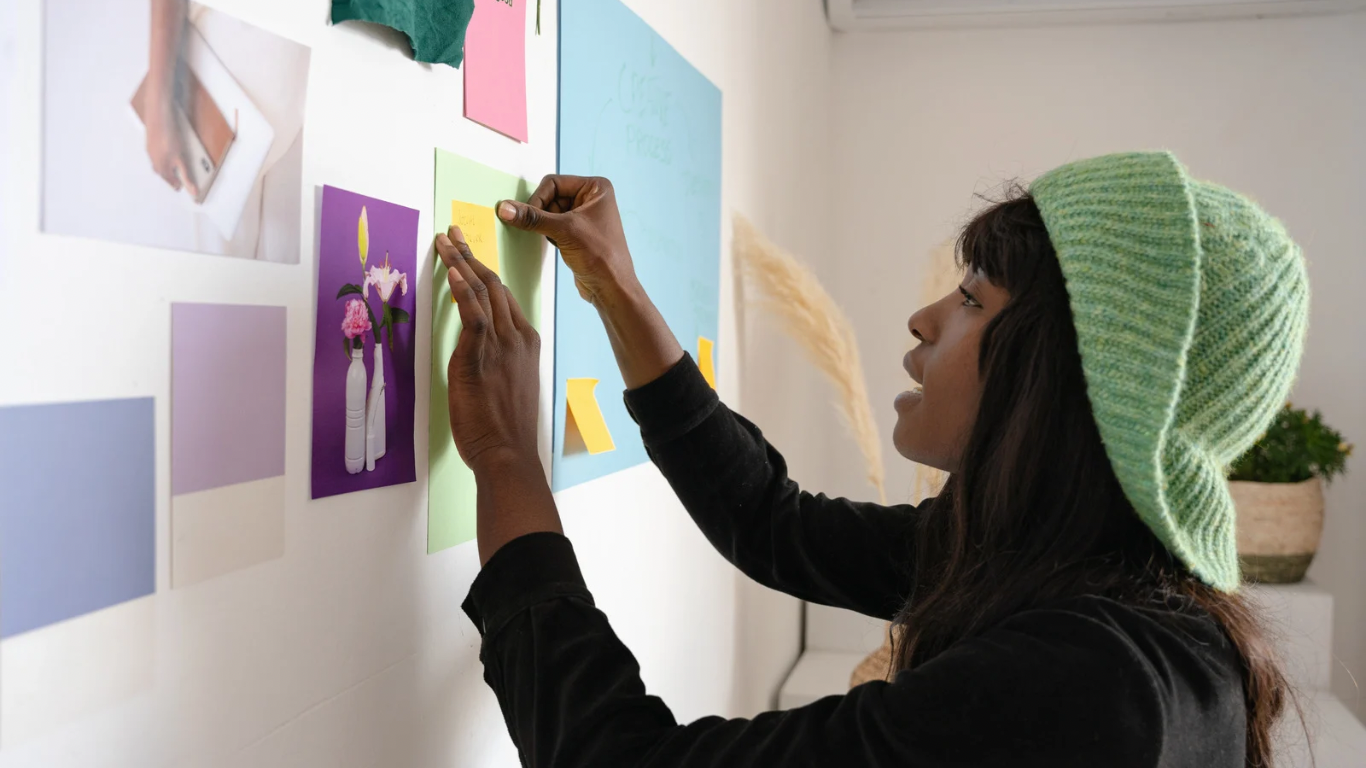
Affirmative Therapy for LGBTQ+
If you’re reading this, you might be wondering if therapy can really make a difference in your life. Maybe you’ve tried therapy before and didn’t feel truly understood, or perhaps you’re skeptical about whether a therapist can fully grasp the unique challenges you face as an LGBTQ+ individual. I want to start by saying that your doubts and concerns are completely valid. Finding the right therapist—someone who not only accepts you but also genuinely understands your experiences—can be difficult, especially if you’ve encountered care in the past that fell short of what you needed.
Understanding LGBTQ+ Unique Challenges
Many of my clients express feeling overwhelmed by the pressure to fit into societal norms or to live up to expectations that don’t align with who they truly are. If you’ve ever felt like you have to hide parts of yourself or constantly navigate spaces where you don’t feel fully accepted, you’re not alone.
Common Concerns and Struggles Include:
How Therapy Can Help
Accessing and Releasing Deep Emotional Pain
Sometimes, the hurt you’re carrying is buried deep inside—maybe it’s from past experiences of rejection, fear of not being accepted, or trauma related to your identity. In our sessions, I help you gently tap into these feelings, even if they’re hard to talk about. By focusing on specific emotions or memories, we can bring these buried feelings to the surface, where they can be processed and released. This can lead to a sense of relief and freedom from the pain that’s been holding you back.
Understanding the Different Parts of Yourself
We all have different “parts” within us—like the part of you that wants to be true to your identity and the part that’s scared of what others might think. Sometimes, these parts can feel like they’re in conflict, making it hard to know which direction to go. I work with you to explore and understand these different parts of yourself, helping you see where they’re coming from and why they’re there. By doing this, we can create more harmony within you, so you feel less torn and more at peace with who you are.
Building Self-Compassion and Acceptance
It’s easy to be hard on yourself when you’re feeling different or worried about acceptance. One of the things we’ll focus on is helping you develop a kinder, more compassionate relationship with yourself. This means learning to understand and appreciate your unique identity, even when it feels challenging. Together, we’ll work on shifting negative self-talk and replacing it with a more supportive, understanding voice.
Resolving Internal Conflicts
If you’re feeling conflicted about your identity—like part of you wants to be open and authentic, while another part feels scared or ashamed—we can work through these feelings together. I’ll help you explore where these conflicts are coming from and guide you in finding ways to resolve them. This process can help you feel more confident and secure in your identity, making it easier to live authentically.
Healing from Past Experiences
If you’ve been hurt by others because of your identity, whether it’s family, friends, or society, those experiences can leave lasting scars. In our work together, we’ll gently revisit these past experiences in a safe and supportive environment, helping you to heal from them. This can reduce the power those memories have over you and help you move forward with less fear and more confidence.
Strengthening Your Sense of Self
Ultimately, my goal is to help you feel more connected to who you truly are. By working through these different aspects of yourself and addressing any pain or conflict, you can strengthen your sense of identity. This means feeling more grounded, confident, and comfortable in your own skin, regardless of what others think or say.
Signs It’s Time for Therapy
Persistent feelings of low self-worth or inadequacy
Struggles with anxiety that interfere with daily life
Difficulty maintaining or forming healthy relationships
Fear of rejection or judgment that prevents you from being your true self
Stress or overwhelm due to life transitions or identity-related challenges
Feeling disconnected from yourself or others
Experiencing internal conflicts between different aspects of your identity
Therapy for LGBTQ+: Here’s What You Should Know
-
I prioritize creating a safe, supportive, and non-judgmental space where you can explore your identity and experiences. My practice is rooted in a deep understanding of the unique challenges faced by LGBTQ+ individuals, and I am committed to affirming and celebrating who you are. I also integrate culturally competent approaches that recognize the intersectionality of identities, ensuring that all aspects of your identity are respected and valued.
-
Absolutely. You don’t need to be “out” to benefit from therapy. Whether you’re questioning your identity, unsure about coming out, or simply not ready to share certain aspects of your life, therapy is a confidential space where you can explore these feelings at your own pace. There’s no pressure to reveal anything you’re not comfortable with, and I’m here to support you wherever you are in your journey.
-
Therapy can help you work through a variety of challenges, from understanding and accepting your identity to dealing with external pressures like discrimination or fear of rejection. Together, we can address issues such as self-esteem, anxiety, depression, and relationship difficulties. Therapy provides tools to help you navigate these challenges and build resilience, allowing you to live a more authentic and fulfilling life.
-
It’s understandable to feel hesitant if you’ve had unsupportive or harmful experiences in therapy before. My goal is to provide a different experience—one that is affirming, culturally aware, and deeply respectful of your unique identity. We’ll work together at a pace that feels comfortable for you, and I encourage open communication about your needs and concerns. Your comfort and trust are my top priorities.
-
Confidentiality is a cornerstone of therapy, and your privacy is always protected. Everything we discuss in our sessions is kept strictly confidential, with a few exceptions required by law (such as if there’s a risk of harm to yourself or others). I understand the importance of privacy, especially for those who may not be out to everyone in their lives, and I take this responsibility very seriously.
-
Struggles with acceptance, whether from family, friends, or cultural communities, are common among LGBTQ+ individuals. In therapy, we can explore these challenges and work on building coping strategies, setting boundaries, and finding support systems that affirm your identity. Together, we can help you navigate these difficult situations and develop a stronger sense of self-worth and resilience.
-
It’s not uncommon to feel like you don’t fully belong, even in spaces that are supposed to be inclusive. Therapy can help you explore these feelings of isolation and work through the reasons behind them. We’ll focus on building connections, both with yourself and with others, that feel authentic and supportive. I’m here to help you find or create the community that meets your needs.
-
Yes, I’m committed to providing therapy that is aware of and sensitive to the intersection of multiple identities, such as race, ethnicity, gender, and sexual orientation. I understand that these intersecting identities can present unique challenges, and I work to create a space where all aspects of your identity are acknowledged and valued.







